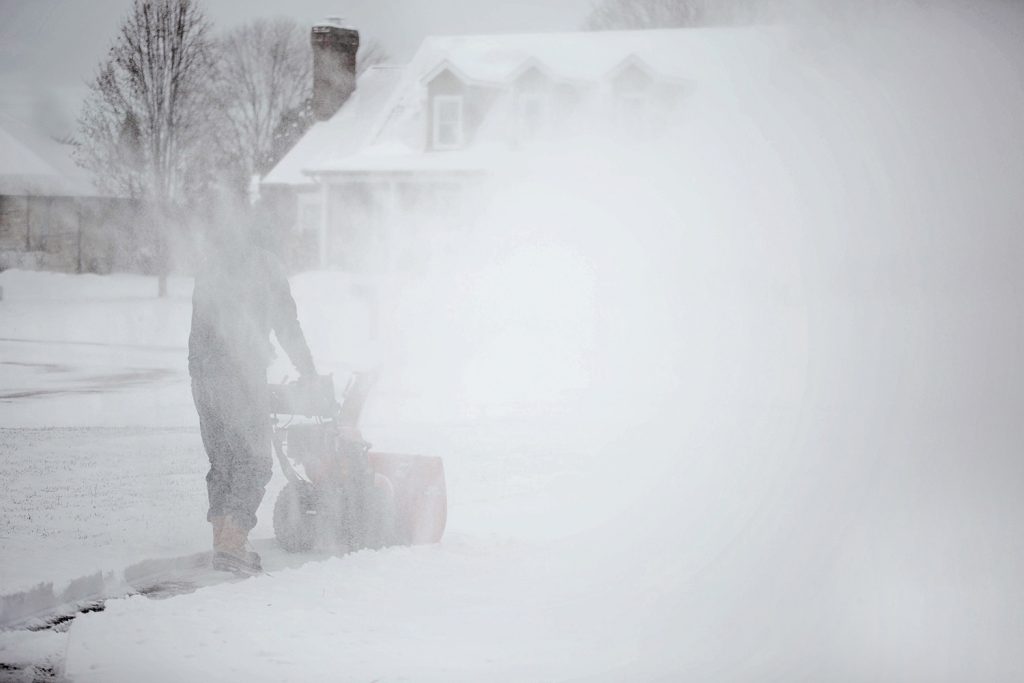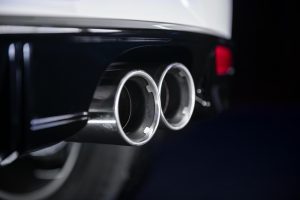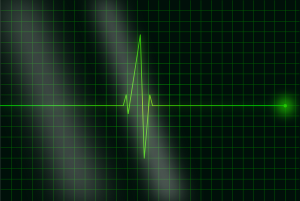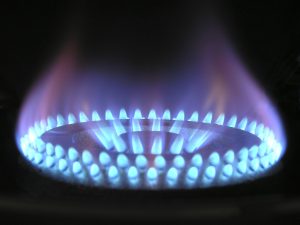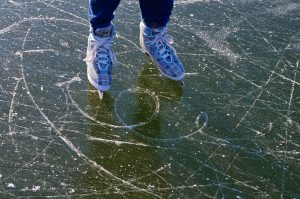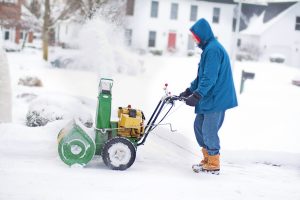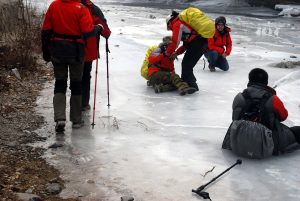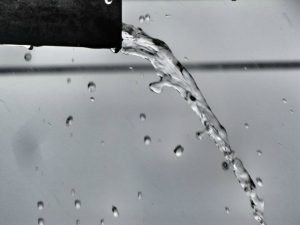With the first plowable snow hitting many parts of the Northeast, it’s time to review snowblower safety. When preparing your home for guests with a clean driveway, remember that snowblowers make removing snow a lot easier than shoveling, However, precautions must be used when operating a snowblower to prevent serious injuries to you and others around you. To make sure you stay safe, here are several safety tips to operating your snowblower:
- Pick up any trash or debris on your driveway and/or walkways before starting snow removal to prevent your snowblower from jamming or launching objects from the impeller. Clean up before a storm hits, as newspapers, rocks, toys and other articles can be easily covered by snow, making them hard to see.
- Always start your snowblower outdoors away from windows and doors. Gas-powered snowblowers should never be started or ran inside a garage or shed. Even with the door open, the exhaust fumes containing carbon monoxide, can be extremely dangerous.
- Keep children and pets far away – they can be accidentally struck by small objects such as rocks that can be launched at high-speed from your snowblower. Always keep your kids and pets inside while you operate the machine
- Invest in ear protection – Gas-powered snowblowers make a lot of noise and can cause ear damage, so purchasing a good pair of noise-deadening earmuffs or plugs makes a lot of sense.
- Don’t wear loose clothing – Baggy pant legs, dangling scarves, and other loose articles of clothing have the potential to get caught on a moving part of the snowblower, potentially pulling you in with it. Wear tight-fitting clothing and slip-resistant boots to reduce the risk of slipping.
- Watch the cord – When using electric snowblowers, be sure to use an extension cord that’s properly rated for your snowblower and be sure you have it plugged into a GFCI protected outlet with three prongs.
- Never put your hands in the auger and chute while your snowblower is running. When your auger or chute become clogged with too much snow, or with unexpected debris, fully shut the engine off (unplug electric models), then use your clearing tool (often included with snow blowers) to break up the clog. Once the clog is cleared, you can plug in or start up your snow blower and resume operation.

